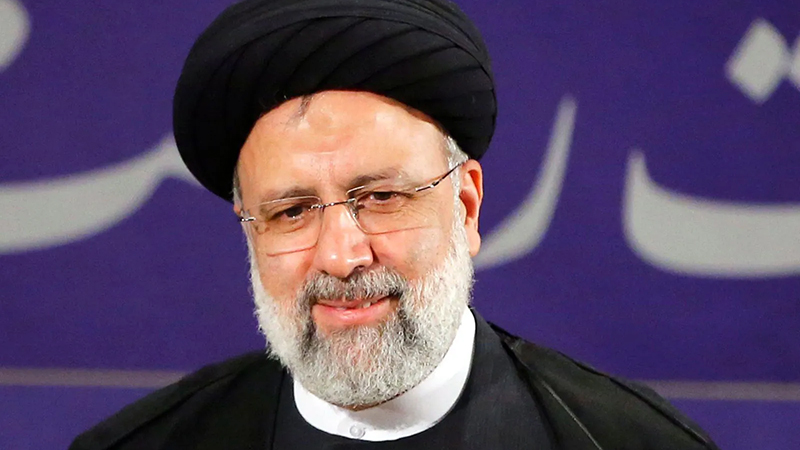The death of the Iranian President, Ebrahim Raisi comes at a very delicate time for the Middle East region. Tensions have been running high since the horrific attack by Hamas on October 7 last year. Israel’s response and the subsequent invasion of Gaza has resulted in an humanitarian crisis with many in the world calling for Israel to step back. The reverberations have been felt all over the world with some universities in the United States paralysed by demonstrations.
What makes the death of the Iranian President worrisome is the potential it has to escalate tensions in the region. Iran and Israel have long been locked in an ideological battle for years and these last few months have seen each attacking the other in a controlled manner, as if testing the other out. While Raisi’s death is being seen as an accident, suspicions abound on whether it could have been an assassination.
As Iran enters into a phase of uncertainty with the first Vice President likely to take charge soon, the effects on the oil market, and gold are being felt. Late Sunday, as news of the death of the Iranian President came in, the price of crude oil went up. The prices of gold also rose. In any crisis, people tend to buy more of commodities like gold which is seen as a safe investment. Iran is a major producer of oil and markets could also experience volatility as a result of Raisi’s demise.
For many Indians who live and work in many countries of the Middle East, these have been tense times since October 7, 2023. This new phase also raises the potential risk of the conflict widening and personal safety then becomes a matter of concern. For the large NRI population living in the Gulf, the first priority would be safety of their lives and their families. It also has an impact on their jobs since rising tensions can force many to return home.
Iran is home to around 4,000 Indian nationals, including traders and academics. Overall, there are some 9 million Indian nationals in the Gulf Co-operation Council countries (Bahrain, Kuwait, Oman, Qatar, Saudi Arabia and the UAE), up from 7 million in 2013. The United Arab Emirates (UAE) alone has about 3.5m, representing 36% of its population.
Even as the world and the region grapples with this latest news, for many people of the Indian diaspora, this could result in added worries. Of late Indian workers have also travelled to Israel to take up jobs in the construction sectors which faced labour shortages after Israel refused to renew contracts for Palestinians working in the construction sector.
All this is also a worry for the Indian government which has to ensure the safety of Indians working abroad. Already, it is being felt that the recent signing of the India-Iran Chabahar Port agreement could see delays as Iran witnesses political instability.
In the Middle East region, the death of Raisi has increased the fears of greater political instability. With the situation in Gaza worsening by the day, and Israel refusing to step back, Iran’s transition to a new leader could see an era of greater complexity and heightened insecurities for the region and the world. – Simran Sodhi is Executive Editor of nrifocus.com


Leave a Reply